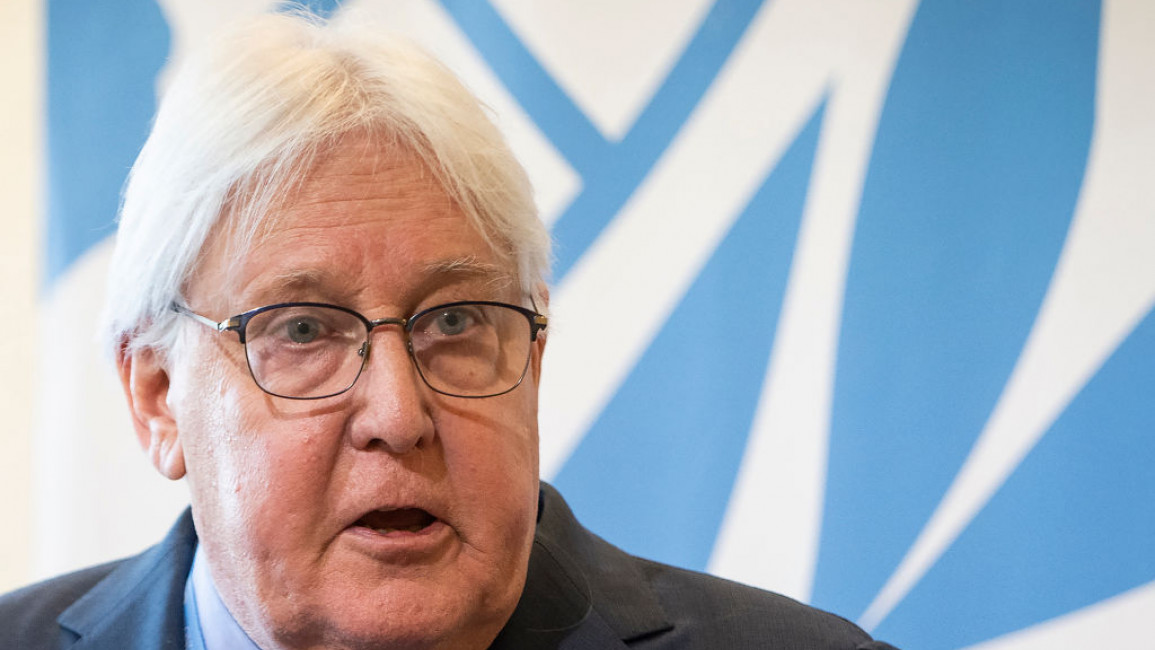UN warns Gaza 'uninhabitable' as Israel's war rages on
The United Nations warned Israel's war on Gaza, now approaching its fourth month, had made the territory "uninhabitable", as bombing continued across the Palestinian enclave on Friday.
With much of the Gaza Strip already reduced to rubble, airstrikes hit the southern cities of Khan Younis and Rafah as well as parts of central Gaza, AFP correspondents reported.
The Israeli army said its forces had "struck over 100 targets" across Gaza over the previous 24 hours, including military positions, rocket launch sites, and weapons depots.
The health ministry in Gaza said it had recorded 162 deaths over the same period.
Civilian deaths have soared during the war and the UN has warned of a humanitarian crisis that has left hundreds of thousands displaced, facing famine and disease.
"Gaza has simply become uninhabitable," UN humanitarian chief Martin Griffiths said on Friday.
"Its people are witnessing daily threats to their very existence – while the world watches on," he said in a statement.
Israel's war on Gaza has so far killed at least 22,600 people, most of them women and children, according to the Gaza health ministry.
The 7 October attack by Hamas and other Palestinian militants inside Israeli territory killed around 1,140 people, most of them civilians, according to an AFP tally based on official Israeli figures.
AFPTV footage on Friday showed entire families, seeking safety from the violence, arriving in Rafah in overloaded cars and on foot, pushing handcarts stacked with possessions.
"We fled Jabalia camp to Maan [in Khan Yunis] and now we are fleeing from Maan to Rafah," said one woman who declined to give her name. "[We have] no water, no electricity and no food."
A spokesman for the UN agency for Palestinian refugees, UNRWA, told AFP that Rafah is overwhelmed by the influx.
"The city is usually home to only 250,000 persons. And now, it's more than 1.3 million," said Adnan Abu Hasna.



